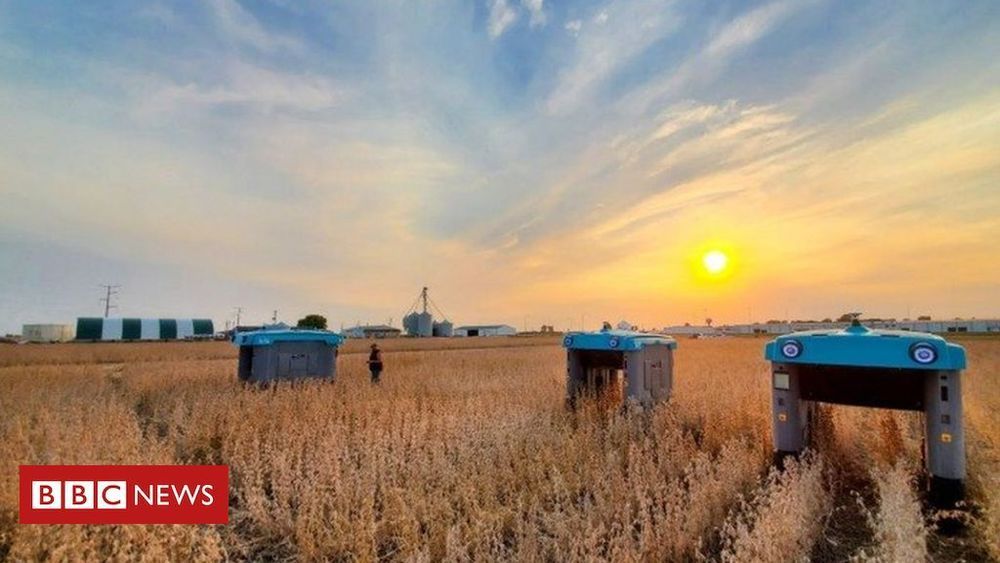The bags are an answer to the trail of potentially deadly plastic left by tourists each year.


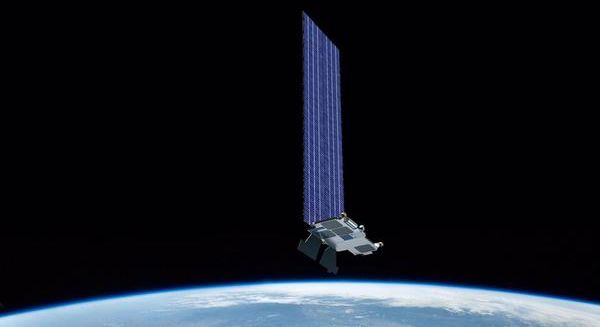
The Ector County Independent School District (ECISD) located in the city of Odessa in West Texas, announced this week their community is participating in a program to help students and their families have access to the internet. The school district along with the Permian Strategic Partnership (PSP) will collaborate with SpaceX to provide broadband connection to the community, that is located in a rural area where traditional internet is unreliable and too expensive for locals to acquire —“Similar to other rural communities, many residents of Ector County have limited to no connectivity. This issue was brought to the forefront for the school district earlier this year when COVID-19 forced school building closures and nearly two in five students did not have access to reliable high-speed internet at home,” SpaceX representatives wrote on October 21, “Starting in 2021, Starlink will connect up to 45 households in the community as part of the pilot program. As network capabilities continue to grow, it will then expand service to an additional 90 households in the school district.”
The Ector County School District “is the first school district in the United States to work with SpaceX in harnessing its Starlink satellite constellation to deliver high-speed, low-latency Internet access for ECISD students,” school representatives wrote. The first 45 families that SpaceX will provide Starlink internet to next year are living in the Pleasant Farms area of south Ector County. All families will be selected by the school district based on their location and needs. ECISD officials will be responsible for deploying the Starlink user dish terminals to their homes.
SpaceX will initially offer service in cities situated in northern latitudes, as the company deploys more Starlink satellites to orbit it will develop the capacity to provide a broader broadband coverage. Cities located in southern latitudes will be covered in 2021. When this happens, an additional 90 families in West Texas will receive free broadband service from the school district. “This innovative partnership represents bold and unprecedented action for our school district and our community,” the ECISD Superintendent of Schools Dr. Scott Muri said in a statement released by the district. “Our research clearly indicates the lack of broadband access is a crisis in Ector County. In collaboration with SpaceX, we are providing space-based Internet service to students and families that have few, if any, options. The partners with us share our vision for equity and access for all students.

Sometimes science is super simple—and super tasty. A classic science experiment demonstrating how to use your microwave and a bar of chocolate to measure the speed of light is making the rounds, with easy-to-follow instructions for replicating the test at home.
🔬 You love badass science experiments. So do we. Let’s play around together.
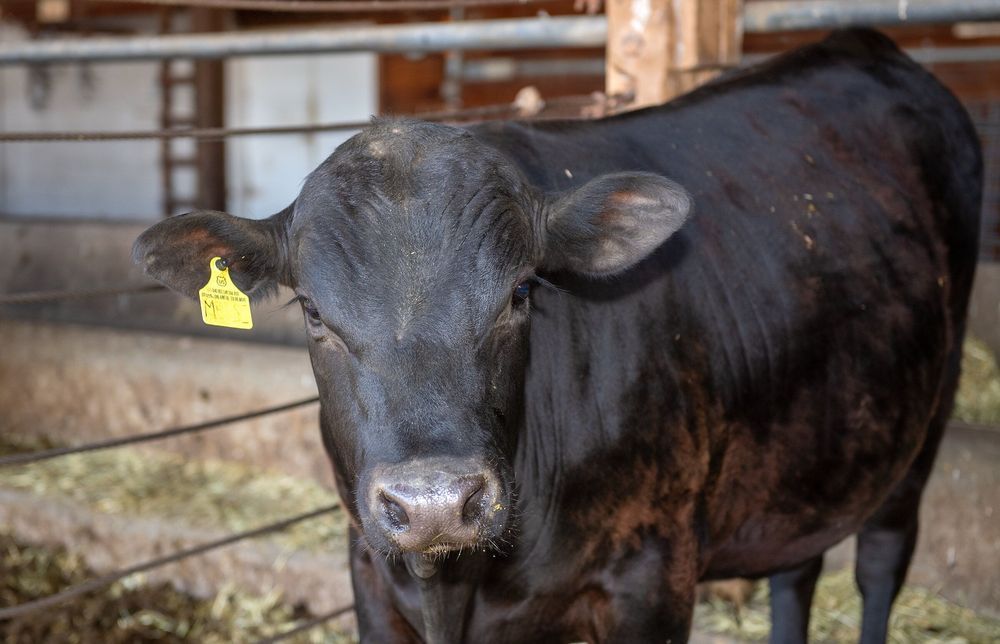
For the first time, scientists have created pigs, goats and cattle that can serve as viable “surrogate sires,” male animals that produce sperm carrying only the genetic traits of donor animals.
The advance, published in the Proceedings of the National Academy of Sciences on Sept. 14, could speed the spread of desirable characteristics in livestock and improve food production for a growing global population. It also would enable breeders in remote regions better access to genetic material of elite animals from other parts of the world and allow more precision breeding in animals such as goats where using artificial insemination is difficult.
“With this technology, we can get better dissemination of desirable traits and improve the efficiency of food production. This can have a major impact on addressing food insecurity around the world,” said Jon Oatley, a reproductive biologist with WSU’s College of Veterinary Medicine. “If we can tackle this genetically, then that means less water, less feed and fewer antibiotics we have to put into the animals.”
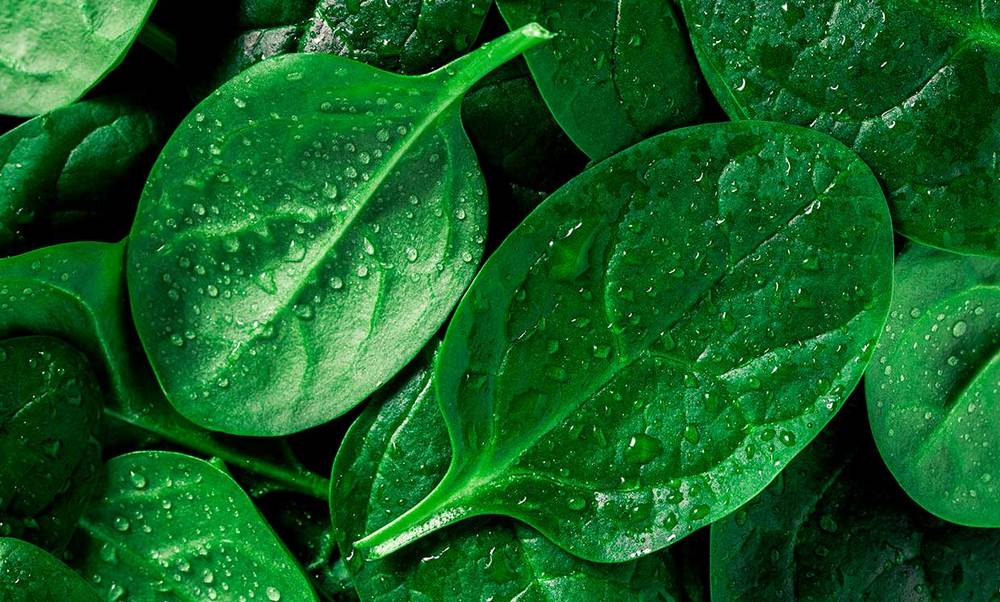
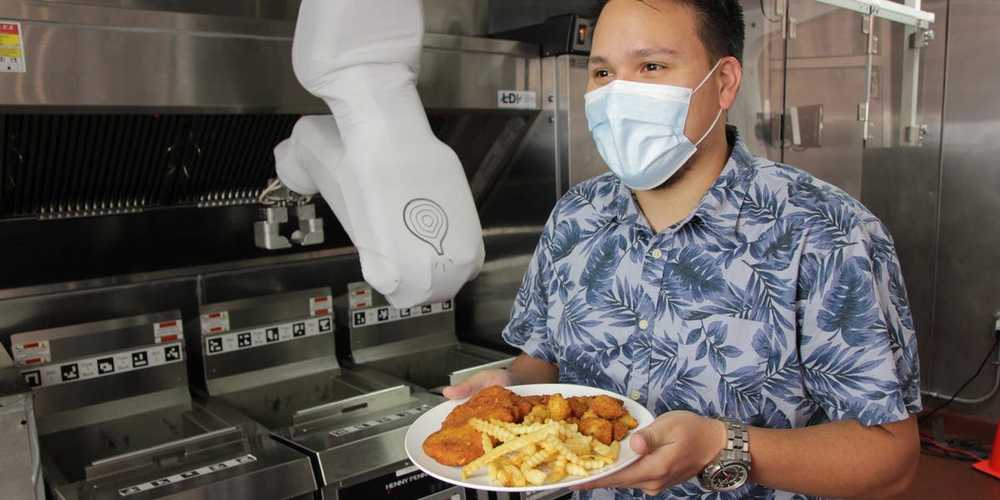
Sorry Microsoft, but I guess people like Google Maps more. 😃
So much for showcasing Redmond’s Chocolate Factory alternative.
ETH researchers are making chocolates shimmer in rainbow colors without the addition of colorants. They have found a way to imprint a special structure on the surface of the chocolate to create a targeted color effect.
Traditional methods for coloring chocolate have been around for a long time. But the ETH researchers are able to create the rainbow effect without artificial colorants. The effect is achieved simply through a surface imprint that produces what the scientists refer to as a structural color. The process is similar to a chameleon, whose skin surface modulates and disperses light to display specific colors.
The story begins in the shared corridor of a university building. The food scientist Patrick Rühs, the materials scientist Etienne Jeoffroy and the physicist Henning Galinski chat about chocolate during their coffee break. Although they work in different research groups, their offices are next to each other. They wonder how—and whether—it might be possible to make colored chocolate. Rühs is studying the material properties of foodstuffs, Jeoffroy specializes in complex materials and Galinski has already done in-depth research into optical materials.

The research, out today from the University of Colorado Anschutz Medical Campus and published in * Evolution and Human Behavior*, presents a hypothesis supporting a role for fructose, a component of sugar and high fructose corn syrup, and uric acid (a fructose metabolite), in increasing the risk for these behavioral disorders.
Johnson outlines research that shows a foraging response stimulates risk taking, impulsivity, novelty seeking, rapid decision making, and aggressiveness to aid the securing of food as a survival response. Overactivation of this process from excess sugar intake may cause impulsive behavior that could range from ADHD, to bipolar disorder or even aggression.” “Johnson notes, “We do not blame aggressive behavior on sugar, but rather note that it may be one contributor.”” “The identification of fructose as a risk factor does not negate the importance of genetic, familial, physical, emotional and environmental factors that shape mental health,” he adds.
Huh, want to know more.
“New research suggests that conditions such as attention deficit hyperactivity syndrome (ADHD), bipolar disorder, and even aggressive behaviors may be linked with sugar intake, and that it may have an evolutionary basis.
The research, out today from the University of Colorado Anschutz Medical Campus and published in Evolution and Human Behavior, presents a hypothesis supporting a role for fructose, a component of sugar and high fructose corn syrup, and uric acid (a fructose metabolite), in increasing the risk for these behavioral disorders.
“We present evidence that fructose, by lowering energy in cells, triggers a foraging response similar to what occurs in starvation,” said lead author Richard Johnson, MD, professor at the University of Colorado School of Medicine on the CU Anschutz Medical Campus.
